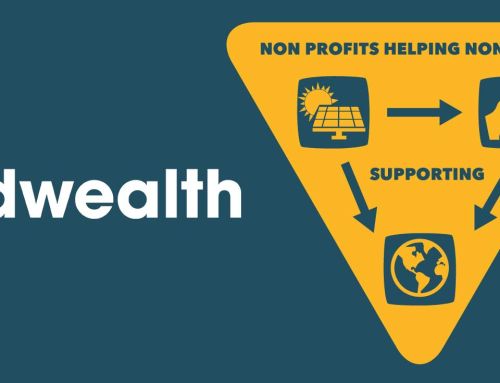Rhode Island is charting a path toward a more sustainable future by expanding its renewable energy program. This move has significant implications for independent power producers (IPPs) and brokers. Here are the essential elements of this program, its potential opportunities, and how it transforms the renewable energy landscape in Rhode Island.
Implications for IPPs, Solar Developers, and Brokers
The new regulations open up significant opportunities, but they also introduce new complexities that IPPs, solar developers, and brokers must navigate. Successfully adapting to these new conditions, taking advantage of the incentives, and complying with the enhanced regulatory requirements are crucial for these sectors.
For IPPs and Solar Developers
While the new regulations open significant opportunities, they also introduce new complexities that solar developers need to navigate. Successful developers will be those who can adapt to these new conditions, take advantage of the incentives, and comply with the enhanced regulatory requirements. Developers and IPPs should consider the following:
New Revenue Streams: The performance-based incentives set up a steady and predictable revenue stream. For example, if a solar developer installs a large-scale solar farm, they can predict the financial returns on that investment based on the state’s performance incentives. This allows them to budget and plan accordingly, making it easier to secure financing and attract investment for their projects.
Risk Mitigation: The transparent and well-defined rules around annual tariff designs and solicitations allow solar developers to plan their projects more accurately. Knowing the rules and how they change each year helps developers to foresee potential challenges, manage risks, and adapt their strategies accordingly.
Innovation and Expansion: The additional incentives for projects located in preferred or challenging geographical locations, such as landfills or brownfields, incentivize solar developers to take on more ambitious and innovative projects. For instance, a developer might decide to install solar panels on a closed landfill – an area that might have been overlooked or seen as too risky before the new regulations.
Increased Oversight: With the introduction of these regulations, solar developers will need to ensure strict adherence to all guidelines and requirements. For example, if a project is found not to meet the stipulated environmental standards or installation guidelines, the developer might face penalties or the withdrawal of incentives. This requires thorough planning, meticulous project execution, and perhaps additional resources for compliance checks.
Project Competition: The rules around the bid process for solar projects based on their nameplate capacity could introduce a new level of competition. Solar Developers would need to be competitive not just on the quality and cost of their projects, but also in how quickly they can get their projects up and running, especially if smaller projects are selected on a first-come, first-served basis or by lottery.
For Brokers
The new regulations will require energy brokers to adapt to a more complex and dynamic energy landscape, but they also present new opportunities for those who can navigate these changes effectively.
Product Diversification: The growth of the renewable energy sector will diversify the range of energy products available. This can present new opportunities for brokers. For example, a broker who previously only dealt in conventional energy contracts might now be able to offer a wider range of renewable energy options to clients, opening up new avenues for revenue.
Greater Market Complexity: With renewable energy projects now classified by size and type, brokers will need to develop a deeper understanding of these projects and their associated complexities. For instance, a broker who primarily dealt with small-scale solar projects might need to learn about the intricacies of larger, utility-scale projects or wind energy projects in order to fully serve their clients.
Changing Tariffs: The annual review and modification of tariffs could introduce a degree of uncertainty in pricing. A broker specializing in solar power purchase agreements, for example, will need to stay updated on changes in the tariff structure to provide the most accurate and competitive pricing information to their clients.
Training and Development Needs: The increasing complexity of the renewable energy market might necessitate more comprehensive training for brokers. For instance, a brokerage firm might need to invest in professional development courses to ensure their brokers are well-versed in the technical aspects of different renewable energy sources, as well as the financial and regulatory nuances of the renewable energy market.
Strategic Shifts: As the renewable energy market grows and evolves, brokers might need to adjust their strategies. A broker that has primarily served residential clients, for example, might see an opportunity to work with more commercial clients, as businesses increasingly take advantage of virtual net metering and other benefits offered by the new laws.
How Gridwealth Can Help
Gridwealth, with its extensive range of comprehensive energy services, serves as an invaluable partner for IPPs, solar developers, and brokers in Rhode Island as they navigate the new renewable energy landscape. Energy brokers, faced with an increasingly complex energy market, can benefit from Gridwealth’s expertise in wholesale and retail energy markets and their understanding of evolving energy policies. Solar developers and IPPs can leverage Gridwealth’s experience in renewable community shared solar customer acquisition, billing and management, REC brokerage services, operation and management services, competitive structured finance, battery modeling and dispatch, ISO New England lead market participant services, power purchase agreements (PPA), virtual PPAs and carbon-free energy management, to navigate and maximize the opportunities presented by Rhode Island’s new renewable energy program.





